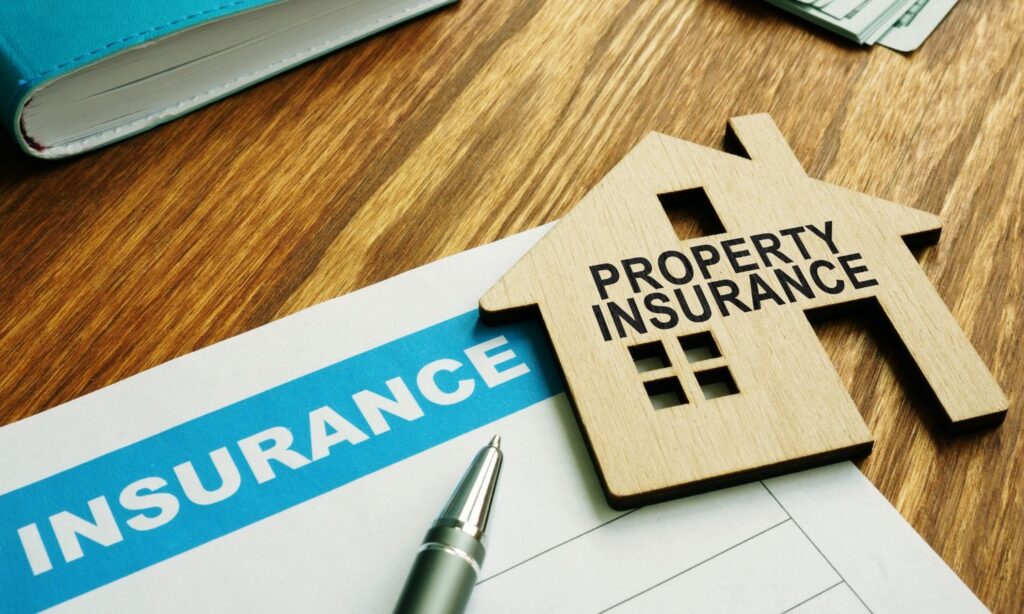Becoming a first-time homeowner is an exciting and significant milestone in life. It represents a major step toward financial independence and stability. However, owning a home also comes with a host of responsibilities and challenges that many new homeowners may not be fully prepared for.
In this comprehensive guide, we will explore the essential things that first-time homeowners need to learn to navigate the world of homeownership successfully.
Understanding Your Mortgage
One of the most significant financial commitments you’ll make as a homeowner is your mortgage. Take the time to understand the terms of your mortgage, including interest rates, monthly payments, and the length of your loan. Additionally, explore options for refinancing and learn how it can benefit you over time.
Budgeting for Homeownership
Owning a home involves more than just paying the mortgage. You’ll also need to budget for property taxes, homeowner’s insurance, utilities, maintenance, and repairs. Creating a detailed budget that accounts for these expenses is essential to avoid financial strain.
Home Maintenance and Repairs
Home maintenance is an ongoing responsibility for homeowners. Learn the basics of home maintenance, including HVAC system care, plumbing, electrical, and structural upkeep. Additionally, set aside a budget for unexpected repairs, as they can arise at any time.

Property Insurance
Homeowner’s insurance is crucial for protecting your investment. Understand the coverage you have, what it includes, and whether you need additional policies for specific risks like floods or earthquakes. Regularly review and update your insurance as needed.
Property Taxes
Property taxes are a significant part of homeownership costs. Familiarize yourself with your local tax regulations, payment deadlines, and any potential deductions or exemptions for which you may qualify.
Home Security
Protecting your home and your family is a top priority. Invest in a reliable security system, consider reinforcing entry points, and practice safety measures such as installing smoke detectors and fire extinguishers.
Energy Efficiency
Energy-efficient upgrades can save you money in the long run. Learn about energy-saving measures like installing programmable thermostats, sealing drafts, and upgrading to energy-efficient appliances and lighting.
Landscaping and Curb Appeal
Caring for your property’s exterior is not only aesthetically pleasing but also contributes to your home’s value. Learn about landscaping, gardening, and regular lawn maintenance.
Homeownership Associations (HOAs)
If your home is part of an HOA, familiarize yourself with their rules, regulations, and fees. Understand your rights and responsibilities as a member of the homeowners association.
Title Insurance
Title insurance is financial protection that protects you and the lender against potential legal issues or disputes related to the property’s ownership history. When purchasing a property, a title search is conducted to ensure there are no outstanding claims, liens, or discrepancies in the property’s title. Title insurance is then purchased to protect against any unforeseen defects or challenges that may arise after the purchase.
Emergency Preparedness
Being prepared for emergencies is essential. Create an emergency kit, know the location of essential utilities shut-offs, and have a plan in case of natural disasters or other crises.
Home Improvement Projects
Whether it’s renovating a room, updating the kitchen, or adding a deck, home improvement projects are a common part of homeownership. Learn the basics of DIY projects and know when to hire professionals.

Neighbor Relations
Building positive relationships with your neighbors can enhance your living experience. Be respectful, considerate, and engage with your community to create a harmonious environment.
Resale Value and Equity
Consider the long-term impact of your homeownership decisions on the resale value of your property and your equity. Smart investments in your home can increase its value over time.
Legal Obligations and Homeownership Laws
Understand your legal obligations as a homeowner, including local zoning laws, property lines, and any restrictions that may apply to your property. Consult with legal experts if necessary.
Home Inspections and Appraisals
When buying a home, thorough inspections and accurate appraisals are crucial. Learn about the importance of these processes and how they can affect your purchase decision.
Conclusion
Becoming a first-time homeowner is a significant life achievement, but it comes with a host of responsibilities and a learning curve. By taking the time to educate yourself on the topics mentioned above, you can navigate the world of homeownership with confidence and make informed decisions that will benefit you and your property in the long run.
Owning a home is not just about bricks and mortar; it’s about creating a secure and comfortable space for you and your loved ones, and with the right knowledge, you can make the most of your homeownership experience.
